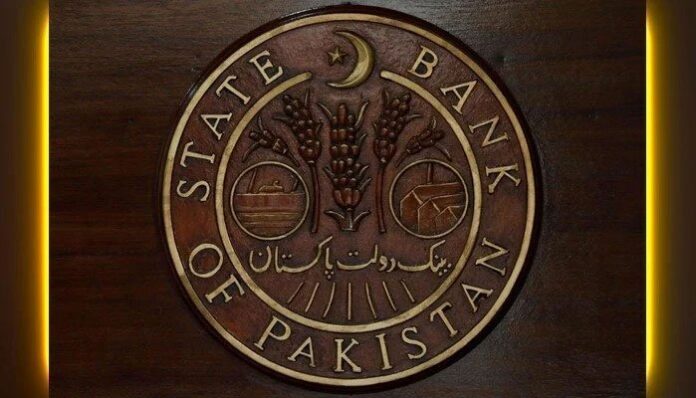The Monetary Policy Committee (MPC) of the State Bank of Pakistan (SBP) has raised the interest rate by 100 basis points, taking it to 16%, becoming the highest since 1998, when it stood at 16.5%. According to a statement issued by the SBP, “At today’s meeting, the Monetary Policy Committee (MPC) decided to raise the policy rate by 100 basis points to 16%”.
1/3 At today’s meeting, the Monetary Policy Committee (MPC) decided to raise the policy rate by 100 basis points to 16%. https://t.co/E4scWh3Eeo
— SBP (@StateBank_Pak) November 25, 2022
High-Interest Rates to Contain the Risks to Financial Stability
Due to the ailing economic conditions of the country, Pakistan is reportedly moving towards the risk of default; however, the finance minister has refuted all such rumours but the report from UNDO states otherwise. According to a statement issued by the bank; “This decision is aimed at ensuring that elevated inflation does not become entrenched and that risks to financial stability are contained, thus paving the way for higher growth on a more sustainable basis.”
In July, when SBP raised the interest rate to 15%, the then-acting governor Dr. Murtaza Syed attributed the rise in inflation to global reasons, such as the Russia-Ukraine war and domestic developments, including very high economic growth. He said that the country would get past the phase of high inflation in the same way that it had been successful in combatting the coronavirus pandemic.
Experts Opinion
Mohammed Sohail, CEO of Topline Securities, said; “Looks like the SBP remains more concerned with rising inflation,” Fahad Rauf, Head of Research at Ismail Iqbal Securities Limited, said; “It seems that pressure from the IMF has driven this decision. SBP’s statements point towards demand-compression. A rate hike will only suppress it further.” The Pakistan Business Council tweeted, “The 100 bps inc in policy rate is not supported by MPC’s Policy Statement which acknowledges demand compression and attributes inflation to cost and supply side issues. The unjustified increase will further impact the formal sector suffering from import curbs.”
The 100 bps inc in policy rate is not supported by MPC’s Policy Statement which acknowledges demand compression and attributes inflation to cost and supply side issues. The unjustified increase will further impact the formal sector suffering from import curbs. @StateBank_Pak
— The Pakistan Business Council (@ThePBC_Official) November 25, 2022
























